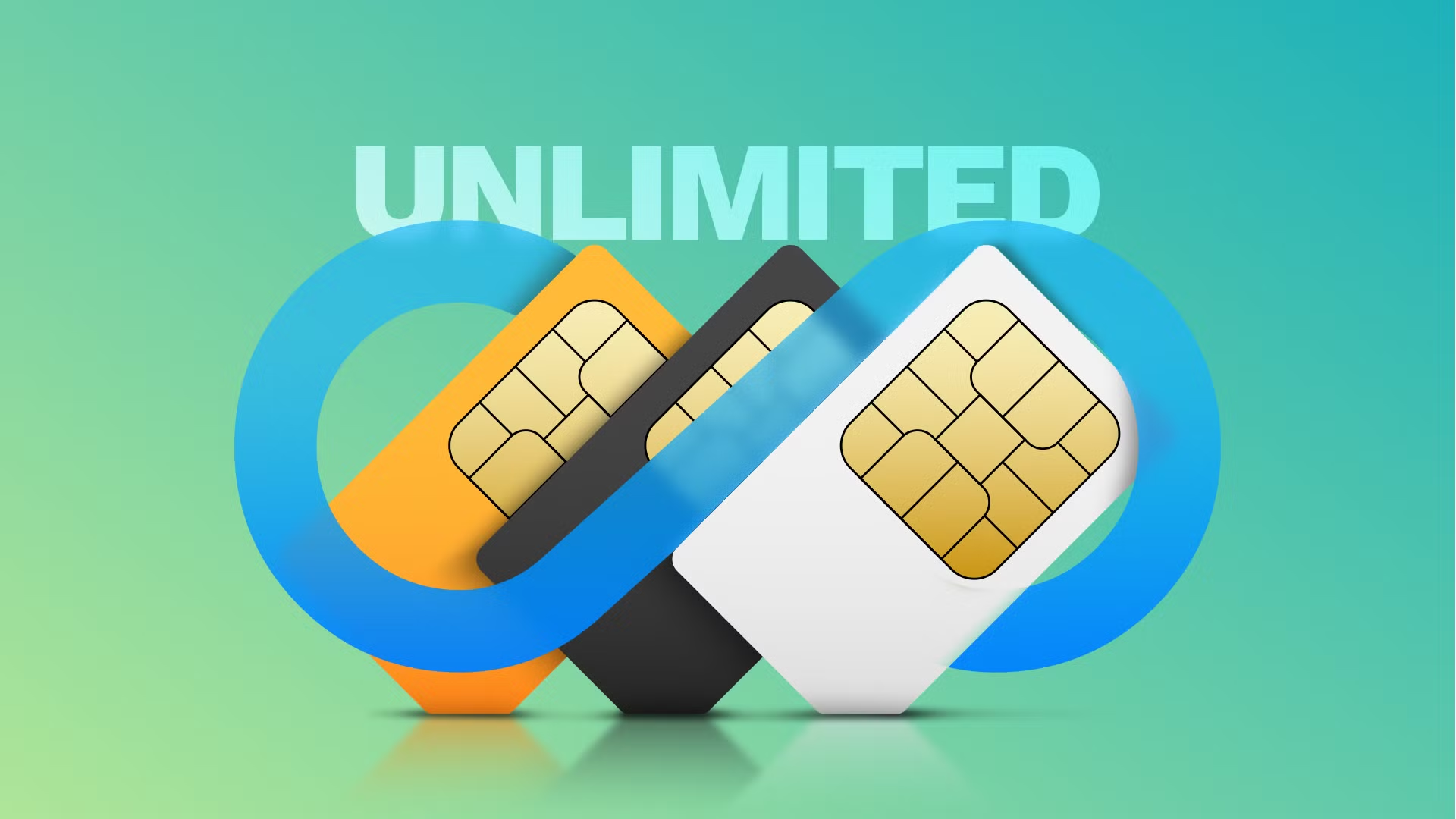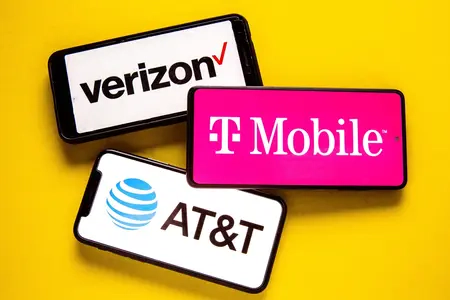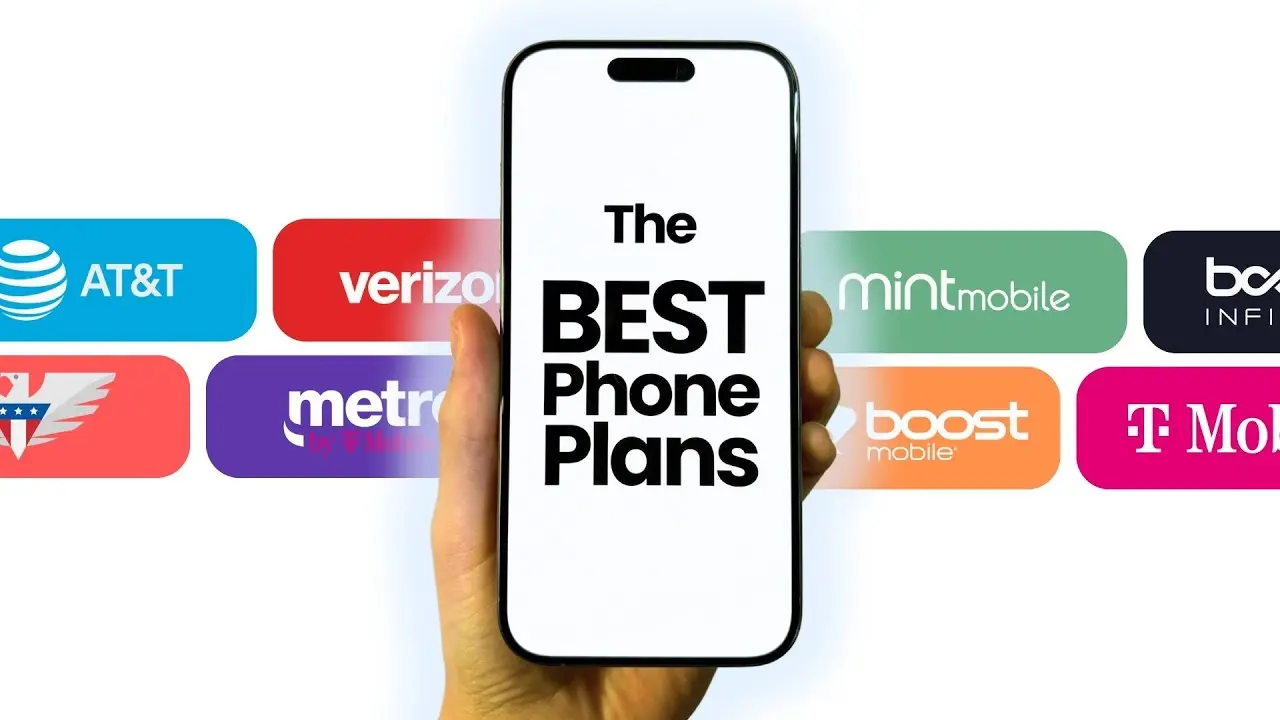
Understanding Unlimited Data Plans
When it comes to choosing the best unlimited data plans, it’s essential to understand what each carrier offers. Unlimited data plans provide users with the benefit of browsing, streaming, and sharing without the fear of overage charges. However, not all unlimited plans are created equal. Factors such as speed, coverage, and additional features can significantly affect the overall value. In this article, we will compare the leading carriers to help you find the most valuable unlimited data plan.
Carrier Comparison Chart
Here’s a comprehensive comparison chart of the top carriers offering unlimited data plans:
| Carrier | Plan Name | Monthly Cost | Video Streaming Quality | Hotspot Data | Network Speeds | Additional Features |
|---|---|---|---|---|---|---|
| Verizon | Get More Unlimited | $90 | 4K UHD | 30 GB | Up to 5G | Disney+, Hulu, ESPN+ |
| AT&T | Unlimited Elite | $85 | 4K UHD | 40 GB | Up to 5G | HBO Max included |
| T-Mobile | Magenta Plus | $85 | HD | 20 GB | Up to 5G | Netflix included |
| Sprint | Unlimited Basic | $60 | SD | Mobile hotspot not included | Up to 4G LTE | None |
Key Features of Unlimited Data Plans
When comparing the best unlimited data plans, consider the following key features:
1. Monthly Cost
The price of unlimited data plans can vary significantly between carriers. While some carriers may offer lower monthly rates, they might also provide fewer benefits. For instance, Sprint offers a lower-cost plan at $60, but it lacks HD streaming and mobile hotspot capabilities. On the other hand, Verizon and AT&T provide more premium options that include various perks and extensive features.
2. Streaming Quality
Video streaming quality is another crucial aspect to consider. If you enjoy watching movies or shows on your mobile device, you’ll want a plan that supports higher resolutions. Both Verizon and AT&T offer 4K UHD streaming, while T-Mobile provides HD quality. Sprint, however, only supports SD streaming, making it less appealing for avid streamers.
3. Hotspot Data
Many users rely on hotspot data to share their mobile internet connection with other devices. Verizon and AT&T offer generous hotspot data allowances, which can be a significant advantage if you frequently use your phone for tethering. T-Mobile provides a decent amount of hotspot data, while Sprint does not include hotspot capabilities in its basic plan.
4. Network Speeds
Network speeds are critical for a seamless experience, especially when streaming or gaming. All major carriers now offer 5G connectivity, which provides faster speeds and lower latency. However, the actual experience can vary based on your location and network congestion. Generally, Verizon and AT&T are known for their robust coverage and faster speeds.
5. Additional Features
Lastly, consider the additional features offered by each carrier. Verizon’s plan includes subscriptions to Disney+, Hulu, and ESPN+, while AT&T offers HBO Max. T-Mobile provides a Netflix subscription for families, enhancing the overall value of their plans. These added benefits can make a significant difference in your overall satisfaction and experience with the plan.
Which Carrier Offers the Most Value?
Determining which carrier provides the most value hinges on your specific needs and usage habits. If you prioritize streaming quality and additional perks, Verizon’s Get More Unlimited may be the best choice, despite its higher cost. Conversely, if you seek affordability and decent features, Sprint’s Unlimited Basic might suit your needs, though it lacks some key functionalities.
AT&T’s Unlimited Elite strikes a balance between cost and features, providing 4K streaming and HBO Max, making it an appealing option for many users. T-Mobile’s Magenta Plus also presents a competitive offering with HD streaming and Netflix, especially for those who enjoy family plans.
Conclusion
Ultimately, the best unlimited data plans depend on individual preferences and requirements. Take the time to assess your usage patterns, budget, and the features that matter most to you. By comparing the offerings from each carrier, you can make an informed decision that best meets your needs and maximizes your value.



